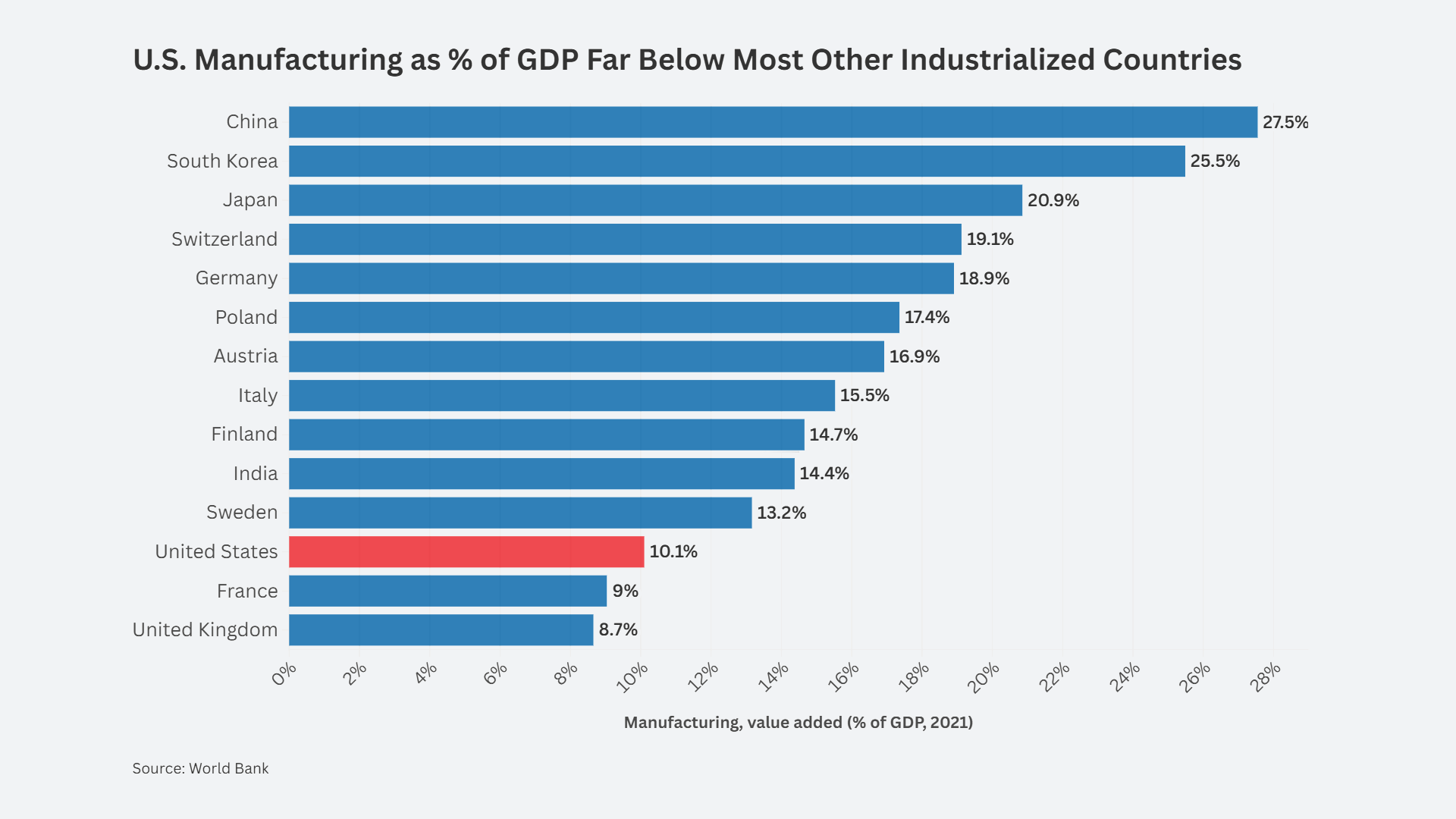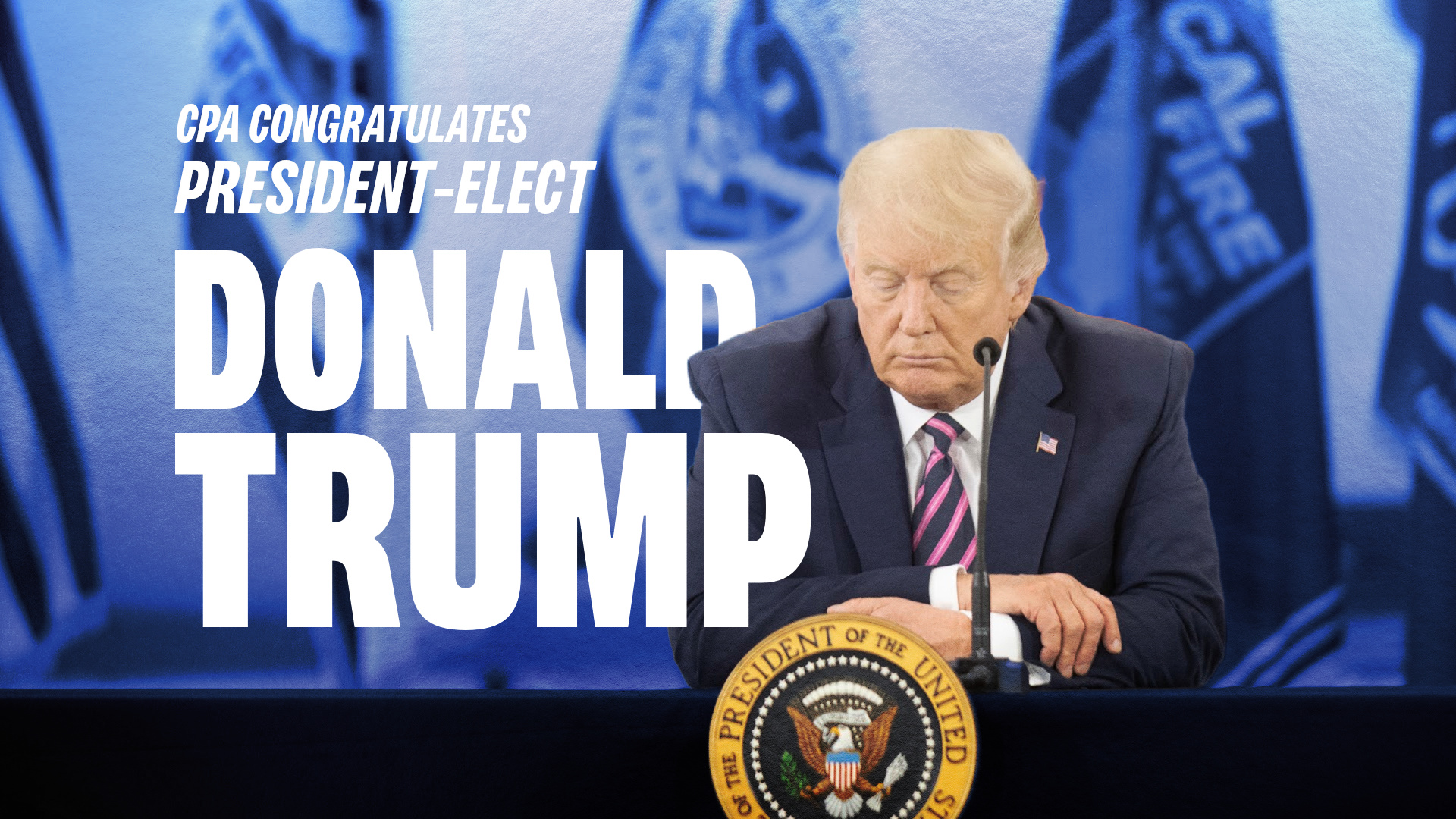Emboldened by Trump’s pledge to “buy American,” cattle ranchers across the country are trying to re-stoke the fires around country-of-origin labeling, lobbying for state legislation to take the place of defeated federal rules, reports Brent Griffiths for Pro Agriculture. The latest legislative effort is South Dakota Senate Bill 135 , a measure supported by the state’s Stockgrowers Association that would require beef and ground beef sold in the state to be clearly labeled as to where it came from, including if its origin is mixed. The bill heads to committee for review today.
[Adam Behsudi | February 15, 2017 |Politico]
But opponents of such labeling efforts, along with USDA, say that any measure that supporters succeed in passing on the state level will ultimately be trampled by the federal courts.
“I don’t think there is a federal preemption, I know there is, because there is explicit language in the federal Meat Inspection Act,” says Mark Dopp, senior vice president of regulatory affairs and general counsel for the North American Meat Institute. “… So, it is pretty clear that states can’t impose a labeling requirement that is different than or in addition to what the feds require and the feds do not require country-of-origin labeling.”
Also, should state legislation ever break through, trade experts consulted by POLITICO warn that it could reopen a dispute with Canada and Mexico. The U.S. has brought claims to the WTO on local laws in other countries, such as in January when it challenged a British Columbia regulation that allows only local wine to be sold in provincial grocery stores, experts say. Pros, read the rest of Griffiths’ story here.













